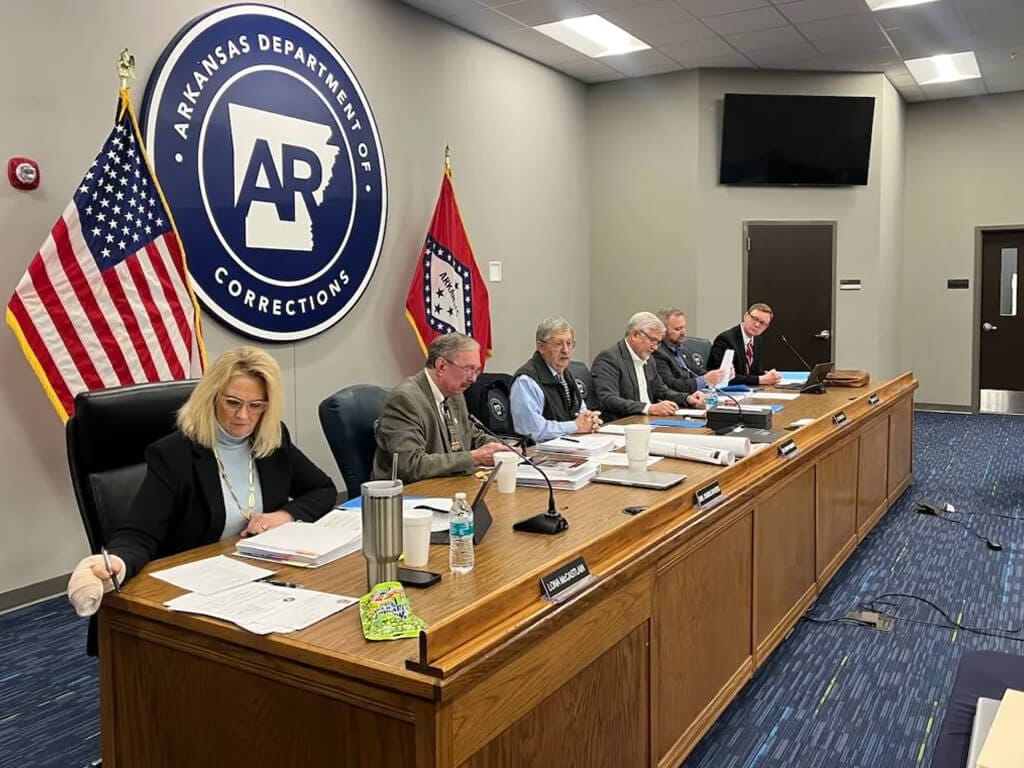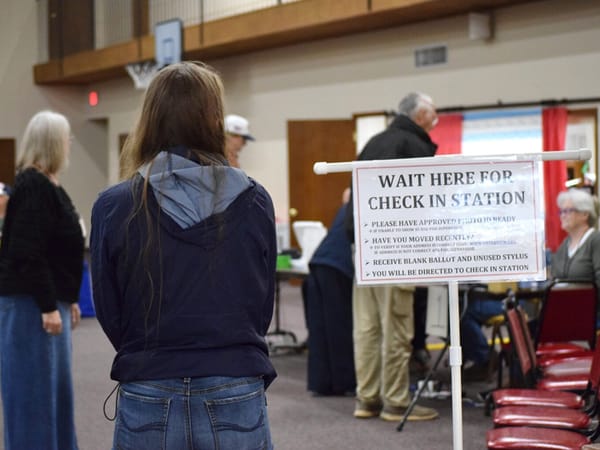Arkansas Moves to Rein In Repeat Offenses Through New Program
Arkansas is tackling high recidivism rates with a new pilot program proposed by Governor Sarah Huckabee Sanders. The initiative aims to support inmates reentering society through housing, employment, and treatment services.

Arkansas continues to grapple with one of the highest recidivism rates in the country. A 2024 report from the Council of State Governments Justice Center found that 44 percent of former inmates in the state reoffended in 2018, placing Arkansas among the top states for repeat offenses.
To address this challenge, state leaders are shifting their focus toward helping incarcerated individuals transition successfully back into society. As part of that effort, the Arkansas Board of Corrections has voted to participate in a new recidivism reduction pilot program introduced by Governor Sarah Huckabee Sanders.
A Comprehensive Strategy
Officials say the pilot will use a “whole-of-government” approach to reduce reincarceration. The program is designed to target the most common barriers to successful reentry, including access to housing, employment, and treatment for substance abuse.
Governor Sanders acknowledged that Arkansas has not done enough to prepare people in prison for life after release, even though rehabilitation is a stated goal of the correctional system.
Pilot Program Plans
The Board of Corrections has approved the search for a facility and begun outlining logistics for the initiative. The program will begin with 100 participants, prioritizing inmates scheduled for release within six months.
Multiple state agencies, including the Department of Commerce and the Division of Workforce Services, will collaborate with private partners, faith-based organizations, and nonprofits to provide support. The goal is to give participants a clear path from incarceration to stability in the community.
The program will adjust supervision rules so participants can live, work, and travel together if they are employed through approved partners. Each individual will also be paired with a case manager who will coordinate services, maintain communication with parole officers, and provide steady support throughout the process.
On-site support will help inmates obtain critical documents such as birth certificates, driver’s licenses, and Social Security cards. The program will also connect participants with medical care, mental health services, substance abuse treatment, and peer support groups.
To prepare for long-term stability, the program will partner with state agencies, businesses, and nonprofits to provide training and industry-based opportunities. These efforts are intended to help inmates gain skills, earn income while incarcerated, and enter the job market with real experience once released.
Legislative Efforts
The pilot program is only part of Arkansas’s broader effort to address recidivism. In 2023, the state passed the Arkansas Protect Act, which took effect on January 1, 2025. The law made sweeping changes to parole eligibility for people in prison.
Lawmakers from both parties have also advanced at least two additional measures during the most recent legislative session, each aimed at reducing the state’s recidivism rate. More proposals are expected in the future as Arkansas works to balance public safety with rehabilitation.





